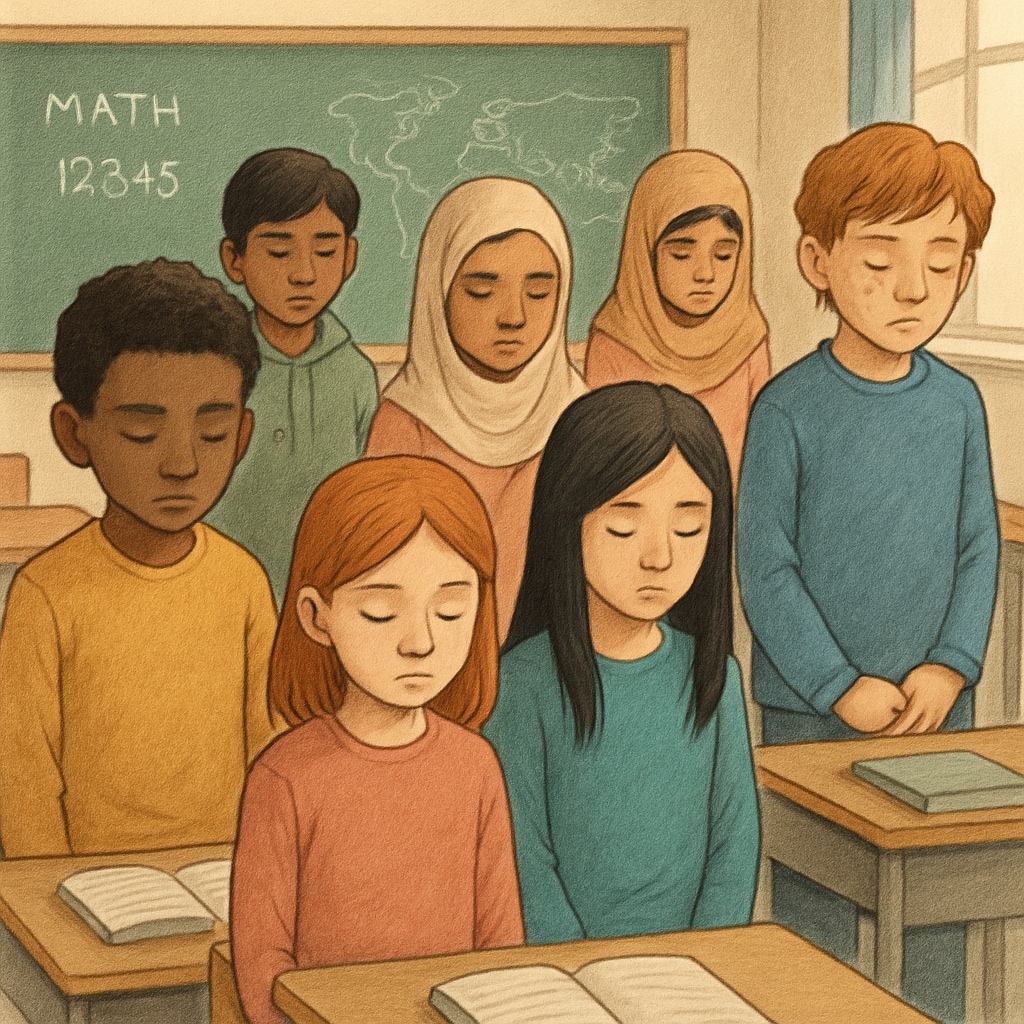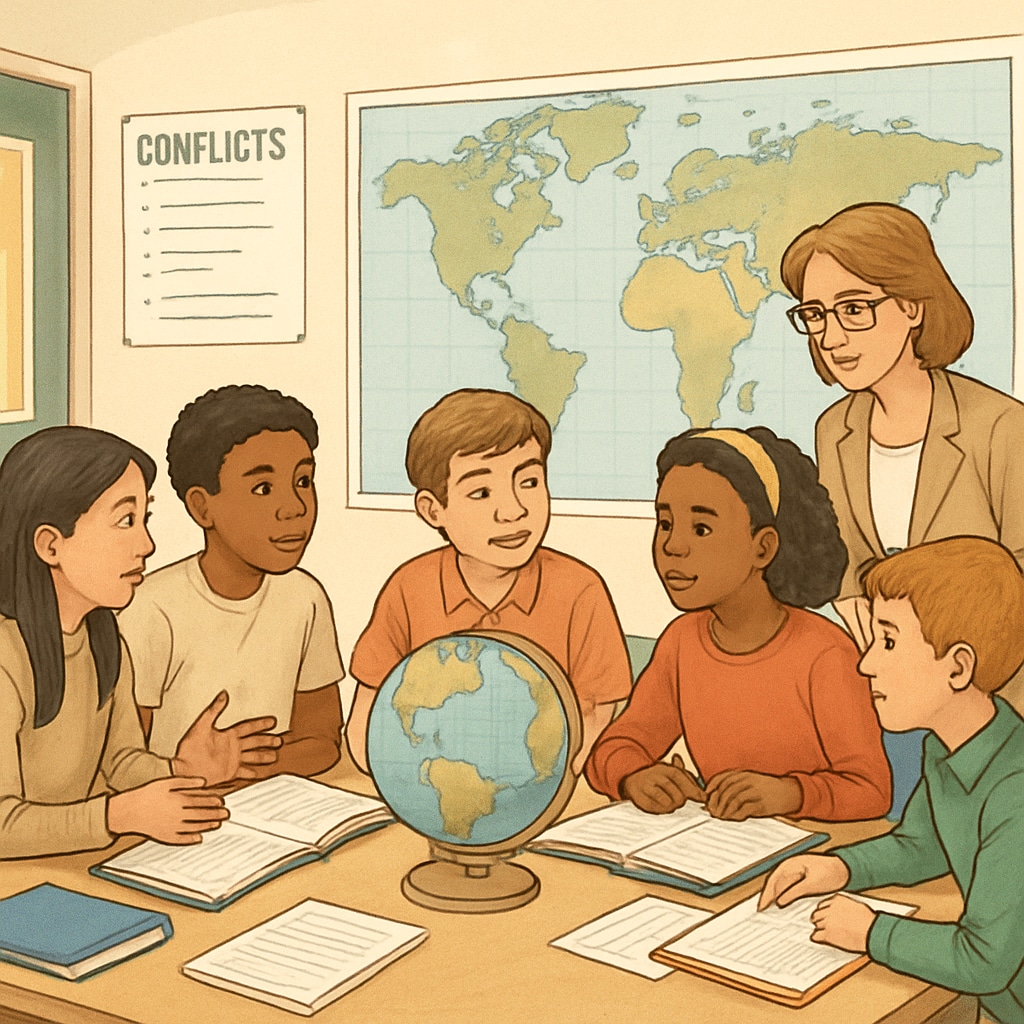The recent decision by some schools to expand a specific Gaza mourning activity into a broader moment of silence for “all global war victims” has sparked debates about political neutrality, educational integrity, and the role of schools in fostering social awareness. While this approach aims to avoid controversy, it raises critical questions about the potential effects on students’ political consciousness and the courage needed in crisis education.

Neutrality vs. Avoidance: The Challenge of Addressing Specific Tragedies
When schools choose to transform Gaza-related mourning into a generalized acknowledgment of war victims worldwide, the intention may stem from a desire to remain neutral and avoid alienating certain groups. However, this decision often leads to what critics call “political avoidance” rather than neutrality. Instead of engaging students in discussions about the specific socio-political contexts of tragedies like the Gaza conflict, the broader focus dilutes the educational impact.
For example, a moment of silence for Gaza could serve as an entry point for students to understand the historical and geopolitical complexities of the region. By generalizing the mourning, schools risk sidestepping meaningful conversations about the causes and consequences of specific conflicts. This approach can inadvertently hinder students’ capacity to critically analyze global issues.
The Psychological Impact of Generalization on Students
Expanding the scope of mourning to include all global war victims may seem inclusive, but it can have unintended psychological effects on students. Adolescents in K-12 education are at a formative stage where their understanding of justice, empathy, and activism is developing. Specificity in addressing conflicts like Gaza provides opportunities for deeper emotional engagement and critical thinking about the root causes of violence.
Conversely, generalized mourning can create emotional distance. Students may perceive global issues as abstract, overwhelming, or disconnected from their lives. This detachment risks fostering apathy rather than action, undermining the principle that education should empower students to become informed and empathetic global citizens.

The Role of Courage and Honesty in Crisis Education
Educators often face challenging decisions about how to address politically sensitive topics. The choice to generalize mourning reflects a broader trend of avoiding controversy, but it also highlights the need for courage and honesty in crisis education. Addressing specific tragedies like Gaza requires educators to navigate complex conversations about politics, history, and ethics. However, these discussions are essential for fostering a well-rounded understanding of world events.
One example of courageous crisis education could involve structured classroom debates or projects focusing on the Gaza conflict. By encouraging students to explore multiple perspectives, educators can help them develop critical thinking skills and empathy. Such approaches may be uncomfortable but are vital for preparing students to engage with the complexities of global issues in adulthood.
While neutrality in education is important, it should not come at the cost of honesty or depth. Schools must balance the responsibility to remain inclusive with the obligation to provide meaningful and specific educational experiences.
Conclusion: Striking a Balance in Educational Practices
The decision to expand Gaza-specific mourning into a generalized acknowledgment of war victims reflects the challenges schools face in navigating politically sensitive topics. While the intention is often to avoid controversy, this approach risks diluting the educational impact and fostering emotional detachment among students. Educators must find the courage to address specific conflicts honestly, providing students with the tools to understand and engage with the complexities of global issues.
Ultimately, schools must strike a balance between neutrality and specificity, ensuring that their approach to crisis education remains inclusive, honest, and impactful. By doing so, they can empower students to become informed and empathetic individuals who are prepared to navigate the challenges of a globalized world.


